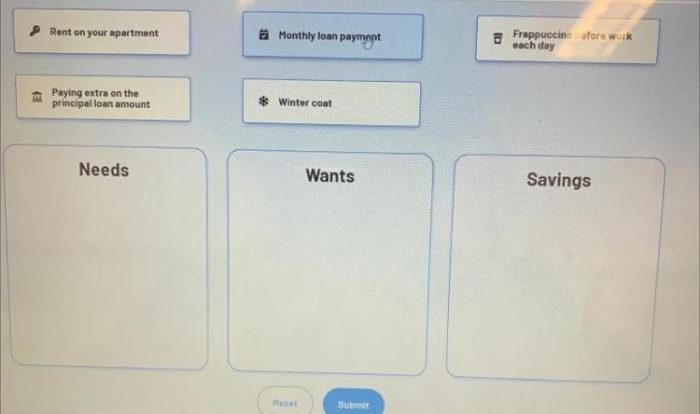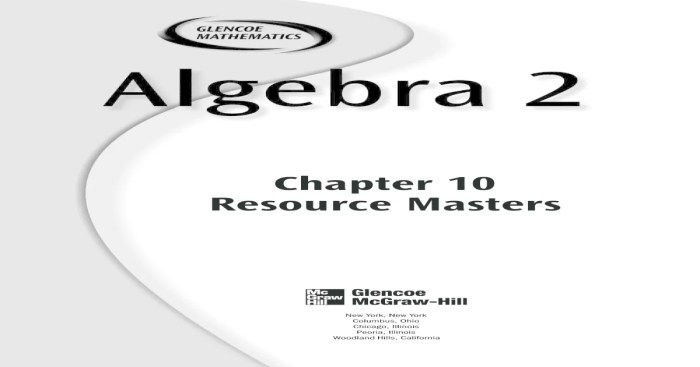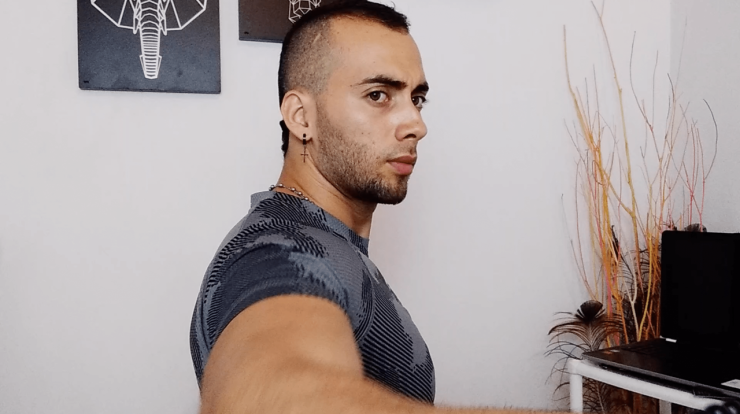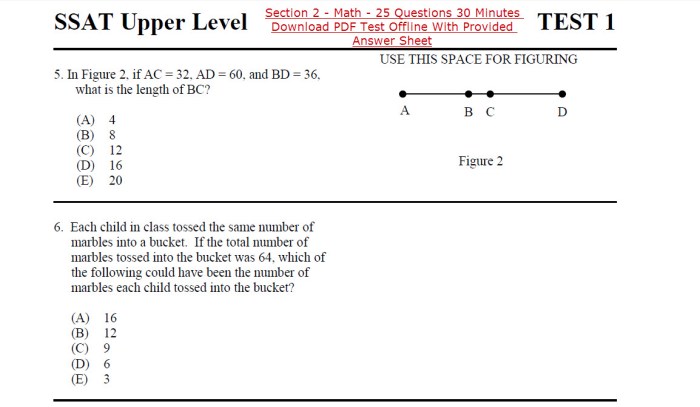Embark on a journey through time with the Abeka World History Test 12, your passport to unlocking the secrets of human civilization. Delve into the intricacies of ancient empires, explore the rise and fall of nations, and unravel the threads that connect our past to our present.
Prepare to conquer this test with our expert insights, time-tested strategies, and a comprehensive overview of its content and structure. Whether you’re a seasoned history buff or a novice explorer, this guide will equip you with the knowledge and confidence to triumph over the challenges that lie ahead.
Overview of Abeka World History Test 12
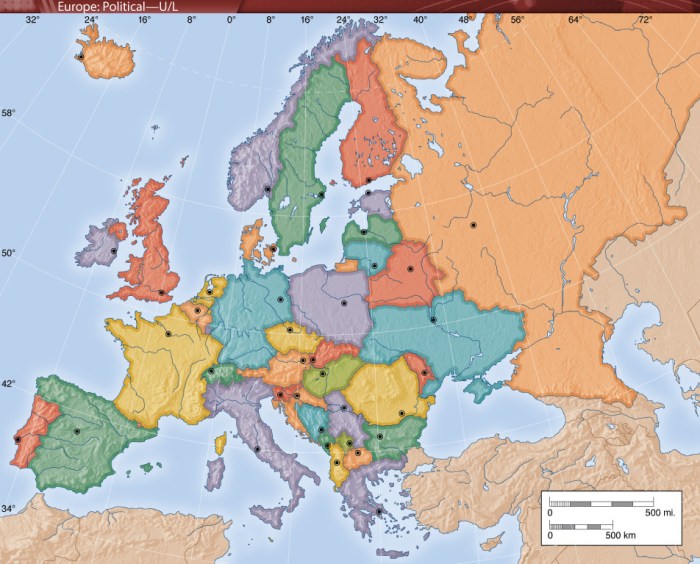
The Abeka World History Test 12 is a standardized exam designed to assess students’ knowledge and understanding of world history from ancient civilizations to the present day. It is a comprehensive test that covers a wide range of topics, including political, economic, social, and cultural developments.
The test was first developed in the 1970s by Abeka, a leading provider of Christian education materials. It has since become one of the most widely used world history tests in Christian schools and homeschooling programs.
Purpose and Significance
The Abeka World History Test 12 serves several important purposes. First, it provides a measure of students’ achievement in world history. This information can be used by teachers to identify areas where students need additional support and to track their progress over time.
Second, the test helps students to prepare for college and university. Many colleges and universities require students to take a world history course as part of their general education requirements. The Abeka World History Test 12 can help students to prepare for these courses by providing them with a solid foundation in world history.
Finally, the test can be used as a diagnostic tool to identify students who may be struggling with world history. This information can be used to provide students with additional support and to help them to improve their understanding of the subject.
Test Structure and Format
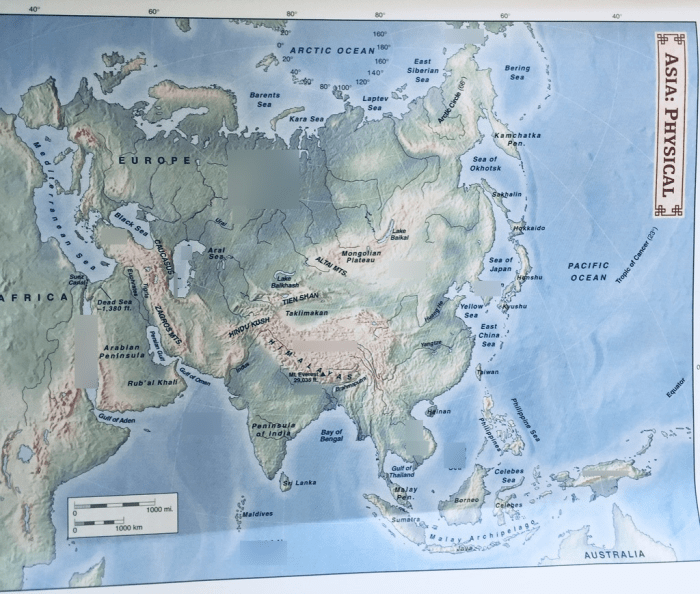
The Abeka World History Test 12 consists of two sections, each with a different format and point value.
Section 1: Multiple Choice
Section 1 contains 50 multiple-choice questions worth 1 point each. These questions cover a wide range of topics from the entire course.
Section 2: Essay
Section 2 requires students to write two essays worth 25 points each. The essays focus on specific historical events or concepts and require students to demonstrate their understanding of the material.
The Abeka World History Test 12 covers a wide range of topics, from the ancient world to the present day. It can be challenging, but with the right preparation, you can do well. If you’re struggling with the material, don’t be afraid to ask for help.
There are many resources available online, including videos, articles, and practice tests. You can also find helpful tips on websites like a eduardo le duele el codo. Remember, the more you prepare, the better you’ll do on the test.
The test has a time limit of 2 hours and 30 minutes, with 1 hour and 15 minutes allotted for Section 1 and 1 hour and 15 minutes for Section 2.
Content and Scope of the Test
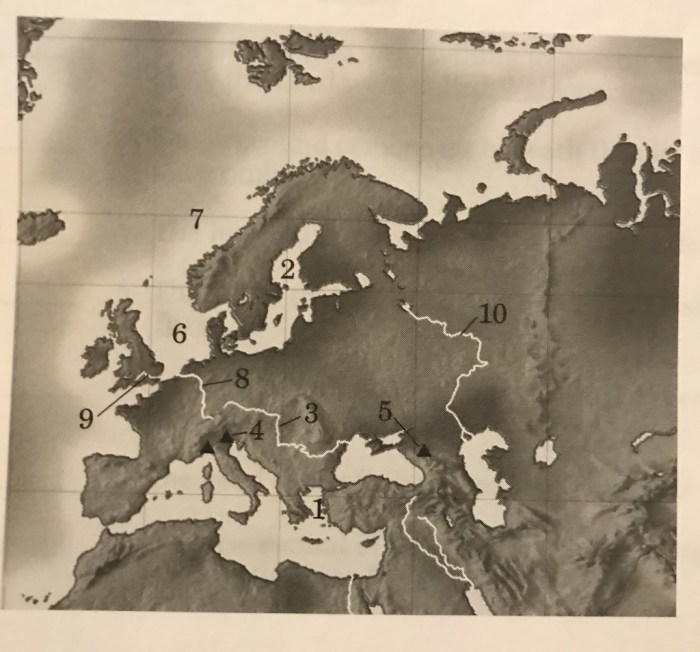
The Abeka World History Test 12 covers a wide range of historical periods and geographical regions. The test is designed to assess students’ knowledge of key events, concepts, and figures in world history.
Historical Periods Covered, Abeka world history test 12
The test covers the following historical periods:
- Ancient Civilizations (to 500 BCE)
- Classical Civilizations (500 BCE to 500 CE)
- Middle Ages (500 to 1500 CE)
- Early Modern Era (1500 to 1800 CE)
- Modern Era (1800 to Present)
Geographical Regions Covered
The test covers the following geographical regions:
- Europe
- Asia
- Africa
- The Americas
- Australia
Key Concepts, Events, and Figures
The test assesses students’ knowledge of key concepts, events, and figures in world history. Some of the key concepts include:
- The rise and fall of civilizations
- The spread of ideas and technology
- The impact of war and revolution
- The role of religion and culture in history
Some of the key events include:
- The Peloponnesian War
- The Roman Empire
- The Crusades
- The Renaissance
- The American Revolution
Some of the key figures include:
- Alexander the Great
- Julius Caesar
- Muhammad
- Leonardo da Vinci
- George Washington
Balance between Factual Knowledge and Analytical Skills
The test assesses both factual knowledge and analytical skills. Students are expected to be able to recall key facts and events, as well as to analyze historical sources and draw conclusions. The test is designed to challenge students to think critically about history and to develop their own interpretations of the past.
Preparation Strategies
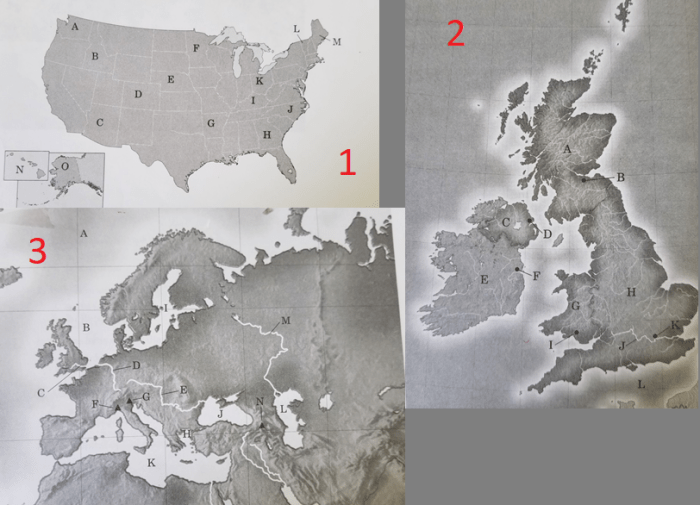
To excel on the Abeka World History Test 12, a strategic and well-rounded approach to studying is crucial. Here are some effective methods to help you prepare for the test:
Begin by reviewing the course syllabus and identifying the key topics and concepts that will be covered on the test. Once you have a clear understanding of the material, allocate study time wisely. Prioritize the most challenging topics and spend more time on them.
Study Methods
- Active Recall:Engage in active recall by regularly testing your understanding of the material. Use flashcards, practice questions, or create summaries to challenge your memory and reinforce learning.
- Spaced Repetition:Review the material at increasing intervals to enhance long-term retention. Start by reviewing the material soon after learning it, then gradually increase the time between reviews.
- Concept Mapping:Create visual representations of the relationships between key concepts and ideas. This helps you organize and understand the material in a structured way.
Resources
Supplement your studies with various resources to enhance your understanding and reinforce learning:
- Textbooks:Utilize the Abeka World History textbook as your primary study material. Refer to the relevant chapters and sections to review the concepts.
- Online Materials:Explore online resources such as videos, simulations, and interactive quizzes to engage with the material in different formats.
- Practice Tests:Take practice tests to familiarize yourself with the test format and identify areas where you need additional preparation.
Scoring and Interpretation
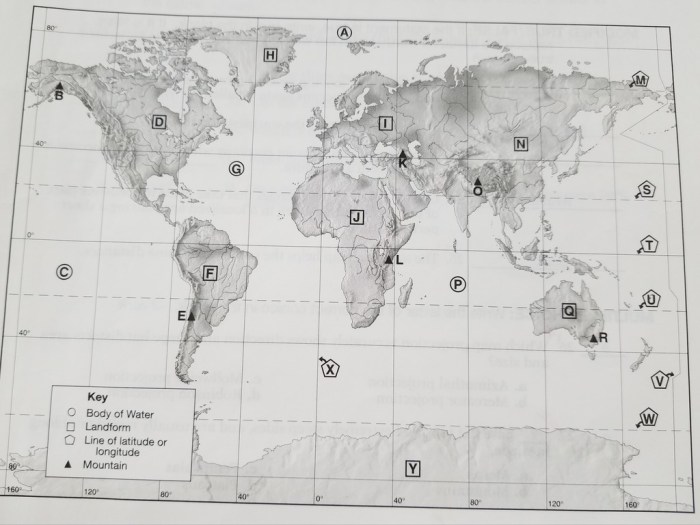
The Abeka World History Test 12 is scored on a scale of 0 to 100. The test results are reported as a percentage score, which indicates the percentage of questions answered correctly. The score report also includes a breakdown of the student’s performance on each of the subtests.
Performance Levels
The Abeka World History Test 12 uses the following performance levels to interpret the test results:
- Advanced:90% or higher
- Proficient:80% to 89%
- Basic:70% to 79%
- Below Basic:Below 70%
Students who score in the Advanced or Proficient range have a strong understanding of the content covered on the test. Students who score in the Basic range have a basic understanding of the content, but may need additional support. Students who score in the Below Basic range may need significant additional support to improve their understanding of the content.
Interpreting the Test Results
The Abeka World History Test 12 results can be used to identify areas where students need additional support. The score report includes a breakdown of the student’s performance on each of the subtests, which can help teachers identify specific areas where the student needs to improve.
In addition to the score report, teachers can also use other methods to interpret the test results, such as reviewing the student’s written responses to the essay questions. This can help teachers gain a better understanding of the student’s strengths and weaknesses, and to develop more effective instructional strategies.
Test-Taking Tips
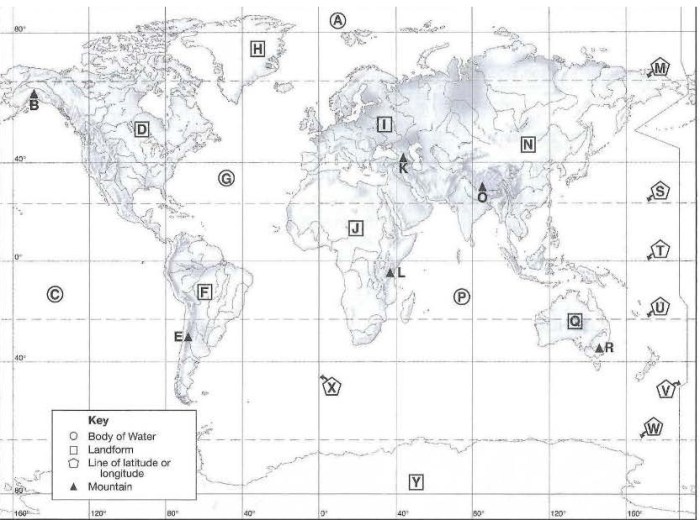
To maximize your performance on the Abeka World History Test 12, it’s crucial to adopt effective test-taking strategies. Here are some practical tips to help you succeed:
Managing Time Effectively:
- Prioritize questions: Start with questions you’re confident about, then tackle more challenging ones later.
- Time allocation: Divide the allotted time wisely among different sections, ensuring you don’t spend too much time on any one question.
Approaching Different Question Types:
- Multiple choice: Read each option carefully, eliminate incorrect choices, and make an educated guess if unsure.
- True/False: Carefully consider the statement and identify any qualifying terms that may affect its accuracy.
- Short answer: Be concise and specific in your answers, providing only the necessary information.
- Essay: Plan your response before writing, organizing your thoughts and supporting your arguments with evidence.
Staying Focused and Reducing Anxiety:
- Deep breathing: Take deep breaths to calm your nerves and focus your mind.
- Positive self-talk: Replace negative thoughts with positive affirmations to boost your confidence.
- Avoid distractions: Create a quiet and distraction-free testing environment.
Questions and Answers
What is the significance of the Abeka World History Test 12?
It assesses students’ knowledge and understanding of world history, covering key events, concepts, and figures from ancient civilizations to the modern era.
How should I prepare for the test?
Study the provided materials, utilize online resources, and practice with sample questions. Focus on understanding historical concepts rather than memorizing isolated facts.
What types of questions can I expect on the test?
Multiple choice, short answer, and essay questions that test your knowledge of historical events, figures, and their significance.
How is the test scored?
Your score will be based on the number of correct answers and the quality of your written responses.
